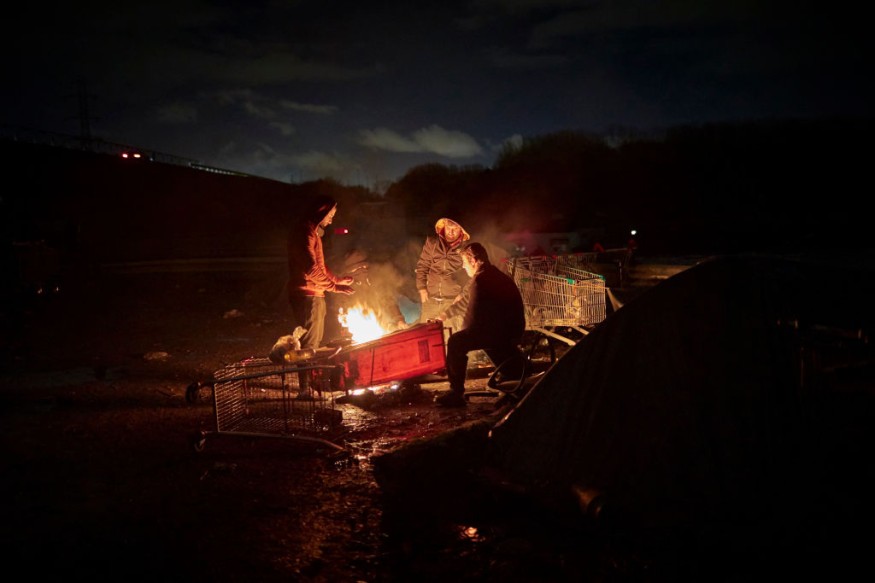Hot night events due to climate change have been an emerging phenomenon. It is a term used that pertains to the unusual high temperatures in certain locations during evening hours. The so-called night-time warming have led to increasing concern amongst the scientific community, including climate scientists and authorities in other concerned fields.
With this, a new study shows that nighttime temperatures in future climate change scenarios could result in an increased death toll worldwide by the end of the century, affecting mainly major cities. The study led by researchers from the United States asserts that Earth could find a hard time cooling off event at night in the coming decades.
Hailing from the University of North Carolina (UNC) at Chapel Hill, the research team used future climate change models to arrive at their conclusion. Their assertion is based on the premise that hot summer nights could yield other than only discomfort, adding a cascade of physiological health repercussions is highly possible. These health hazards will be the main cause of deaths.
Details of the new research came months after thousands of cattle in Kanas died due to heat stress. The Kansas cattle deaths have been attributed to hot night events caused by a heat wave or heat dome hovering over the Midwest and other US regions in June. In 2021, a summer heat wave reportedly killed hundreds of people in the Pacific Northwest and Canada's British Columbia province.
Hot Night Events

In the new paper published in the journal The Lancet Planetary Health, the US-based scientists acknowledged that the health impacts of climate warming are usually measured or quantified based on the daily average temperatures.
However, they also postulated "extra health risks" could arise from hot nights, projecting a future world where majority of the mortality burden is due to the extremely above-average nights, which is supposed to be a time of cooler temperatures.
Climate Change Models
In a news release on Monday, August 8, the UNC Gillings School of Global Public Health announced excessively hot nights due to the climate crisis are expected to elevate the said death rate by up to 60% by the end of the year 2100.
Using the mentioned model, the UNC scientific team found the average intensity of hot night events will increase by almost double by 2090, from 20.4 degrees Celsius to 39.7 degrees Celsius (68.7 degrees Fahrenheit to 103.5 degrees Fahrenheit). The team projected 28 cities from East Asia, including in China, Japan, and South Korea could experience the extreme nighttime temperatures.
Nighttime Heat Stress
In 2018, the University of Wisconsin Milwaukee (UWM) conducted a separate yet related study linking nighttime heat stress to climate change, with an emphasis to two cities in the US Midwest.
Similar to the UNC study, the UWM researchers said heat stress is expected to increase in both frequency and duration in the future.
© 2026 NatureWorldNews.com All rights reserved. Do not reproduce without permission.





